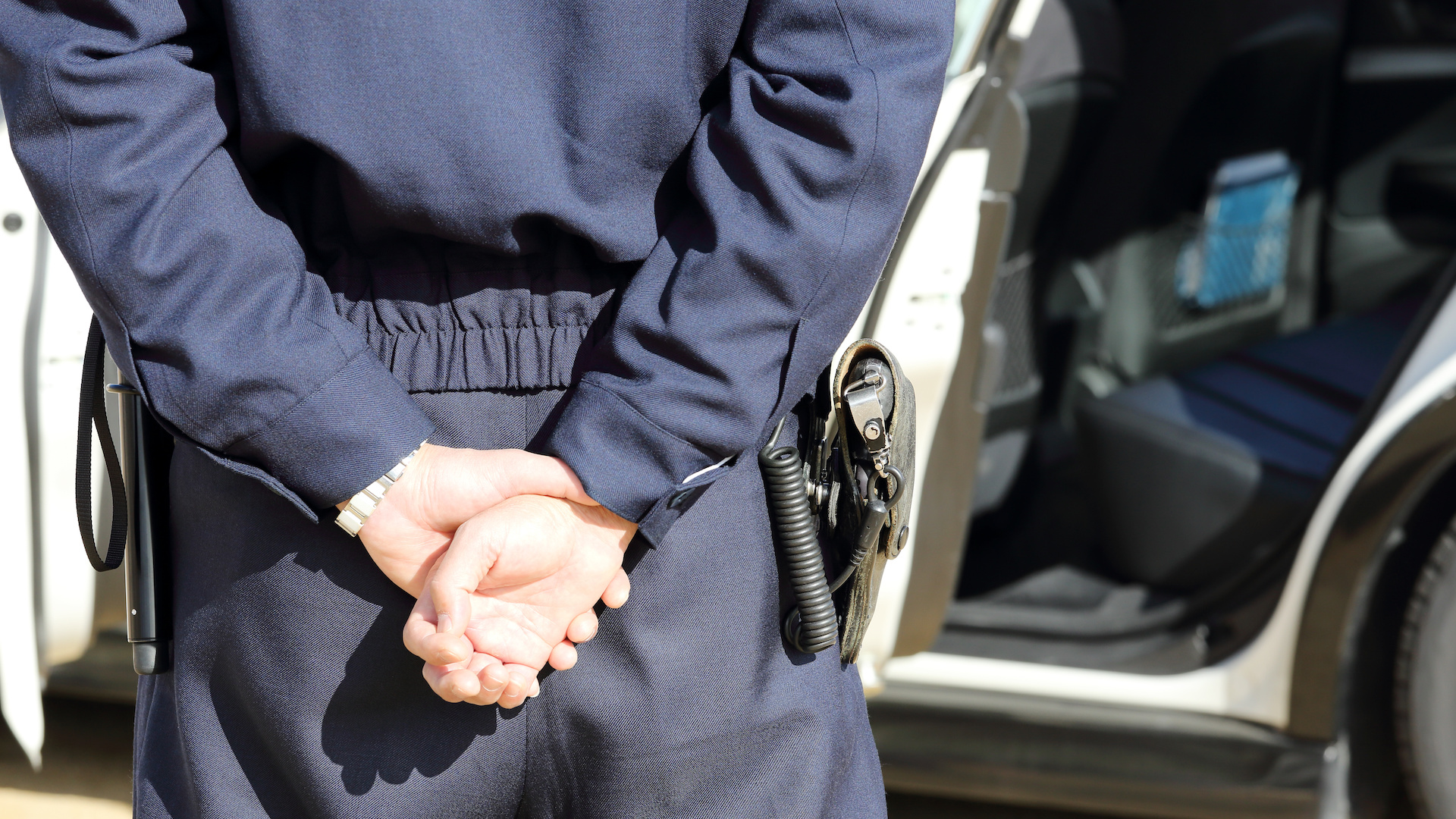
How Does Probable Cause Work?
Police officers must also have probable cause to arrest someone without a warrant, and in many cases to search or seize property without a warrant as well. Finally, a prosecuting attorney must have probable cause to charge a suspect with a crime.
But what exactly does probable cause look like in a given situation? Here are some examples of how probable cause applies in various scenarios:
Probable Cause To Be Arrested
If a police officer has direct knowledge that would lead a reasonable person to believe that a suspect has committed, is committing, or is about to commit a crime – that constitutes probable cause for an arrest.
However, a police officer may temporarily detain a suspect without probable cause. Temporary detention only requires an officer to have “reasonable suspicion”, which means specific facts that would lead a reasonable person to believe criminal activity was at hand and further investigation was required.
Ready To Speak To An Attorney?
Call us now at (707) 540-2356
Probable Cause To Conduct A Search
Similar to the requirement for making an arrest, police officers must have information that would lead a reasonable person to believe that a crime was committed at the place to be searched. Or, that evidence of a crime exists at a specific location.
While search warrants are sometimes required, there are many instances when they are not. Common examples of when police can conduct a search without a warrant, based on probable cause, include:
- When they have consent from the person in charge of the premises
- When conducting certain searches related to a lawful arrest
- In emergency situations which threaten public safety or the loss of evidence
Police also do not need a warrant to search and/or seize illegal contraband “in plain sight” if the officer has a right to be present.
Probable Cause To Seize Property
Police have probable cause to seize property when they have knowledge of facts and circumstances that would lead a reasonable person to believe that an item is contraband, stolen, or constitutes evidence of a crime.
When executing a search warrant, police must search only for the items described in the warrant. However, any other illegal items or evidence of other crimes they find may, for the most part, be seized as well.
When To Call A Lawyer
If you believe that the police have arrested you, searched your vehicle or home, or seized personal property from you without probable cause, you should contact a lawyer immediately.
Police officers often misrepresent their authority to arrest you, search you, or seize your property. A good criminal defense attorney can help you defend against, and recover from, unlawful arrests, searches, and seizures.
For a free consultation, please contact our office today.
REQUEST A FREE PHONE CONSULTATION
At Quinnan Law, we offer every client a free phone consultation to discuss their unique situation and determine how we can help. To arrange a consultation, please fill out the adjacent form or call us at: (707) 540-2356.
We provide representation in California State and Federal Courts. We accept most major credit cards for your convenience.
